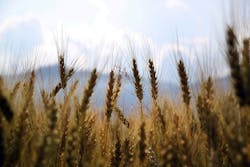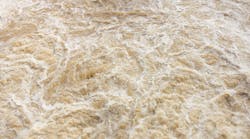A newly released proposal to reduce nitrates in the groundwater of the Lower Yakima Valley, Wash., recommended extending municipal water and sewer lines.
It also is increasing regulations on irrigated farms and dairies. The more than 60 recommendations are the result of a collaborative study conducted by farmers, dairy operators, environmental groups, residents and government officials, as reported by the Yakima Herald.
The plan includes extending municipal water and sewer lines to rural areas that currently rely on septic tank systems. Additionally, the proposal suggests dairies install protective liners in their manure storage ponds and establish irrigation best practices. If approved, the plan would apply to cities and farmers within the groundwater management plan with high levels of nitrates present. If the plan is approved by the group on Thursday, it will be reviewed by the Washington Department of Ecology.
While the Washington Department of Agriculture supports the groundwater contamination plan, some conservation groups, including Friends of Toppenish Creek, are concerned that the plan is not substantial enough to combat nitrate contamination. The plan would rely on voluntary compliance, not mandatory.

